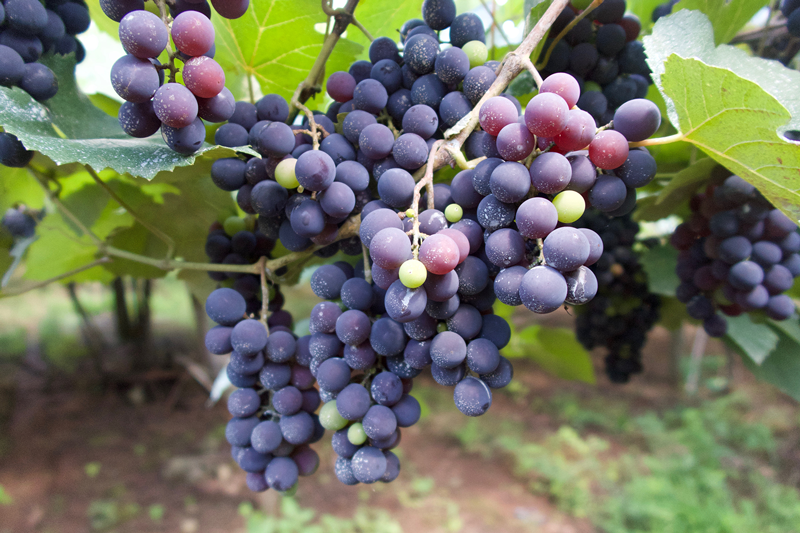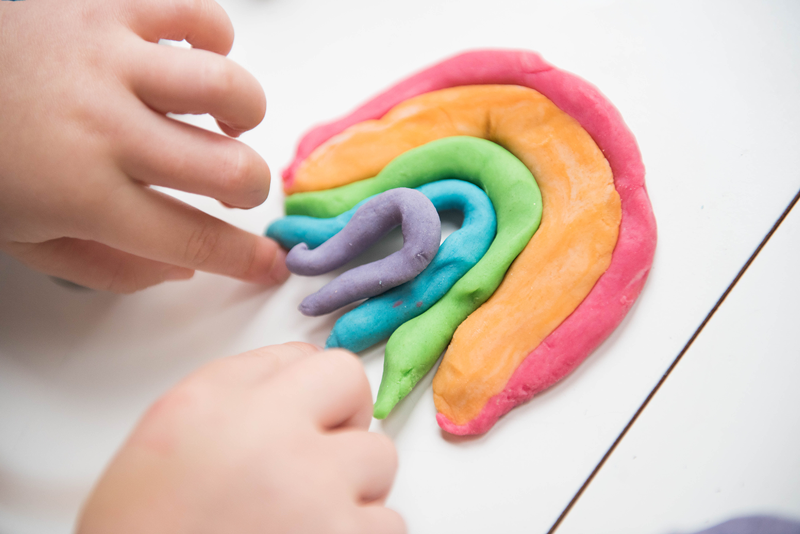Unraveling the Mystery: Tartaric Acid as the Culprit
For years, veterinarians have been puzzled by the toxicity of grapes, raisins, and sultanas to dogs. Thankfully, the ASPCA Poison Control Center (APCC) has finally cracked the case. It has been discovered that the presence of tartaric acid in grapes is responsible for the adverse effects these fruits have on our furry friends. Consumption of grapes can lead to symptoms such as vomiting, diarrhea, excessive thirst, and potentially kidney damage or failure.
Grape toxicity has always been a challenge to understand fully. While some dogs exposed to grapes experience only mild symptoms, others suffer from acute renal failure. The key to unraveling this perplexity lies in the varying levels of tartaric acid found in different types of grapes, as well as other factors such as where they were grown and their ripeness.
How Playdough Helped in the Investigation
The discovery of tartaric acid’s role in grape toxicity was not a simple feat. Dr. Colette Wegenast, a senior consulting veterinarian in clinical toxicology at the APCC, stumbled upon the breakthrough during a study on homemade playdough toxicity in a dog. The symptoms displayed by the dog did not align with the typical effects of playdough ingestion, prompting further investigation.
Dr. Wegenast explains, “The lightbulb moment came with the realization that tartaric acid and potassium bitartrate are uniquely present in high concentrations in grapes, and that dogs are a species that has been shown to be sensitive to tartaric acid—with acute renal failure reported in older studies.”
The connection between tartaric acid’s presence in grapes and its toxic effects became apparent, paving the way for a better understanding of grape and raisin poisoning. This breakthrough discovery will undoubtedly lead to improved testing, treatment, and prevention methods. Now that we know the truth, it is crucial never to feed your dogs grapes, raisins, or sultanas.
Frequently Asked Questions
Q: Are all dogs equally sensitive to tartaric acid in grapes?
A: Dogs may differ in their sensitivity to tartaric acid. Some may experience mild symptoms, while others may suffer severe renal failure. It is best to avoid grapes, raisins, and sultanas altogether to ensure your dog’s well-being.
Q: Can a small amount of grape leaves harm dogs?
A: Although grape leaves contain a lower concentration of tartaric acid compared to the fruit itself, it is still recommended to keep grape leaves away from dogs. It’s better to be safe than sorry.
Q: What should I do if my dog accidentally eats a grape or raisin?
A: If your dog ingests grapes or raisins, it is crucial to seek immediate veterinary attention. Prompt medical intervention can help mitigate the potential risks and ensure your dog’s health.
Conclusion
The mystery surrounding the toxicity of grapes, raisins, and sultanas to dogs has finally been unraveled with the discovery of tartaric acid as the chief culprit. This breakthrough revelation will undoubtedly lead to better understanding, testing, treatment, and prevention of grape and raisin poisoning. As responsible pet owners, we must remember to keep these dangerous fruits away from our furry companions. Let’s prioritize their well-being by providing them with safe and healthy alternatives.
For more information on pet health and safety, please visit Pawsoha.

